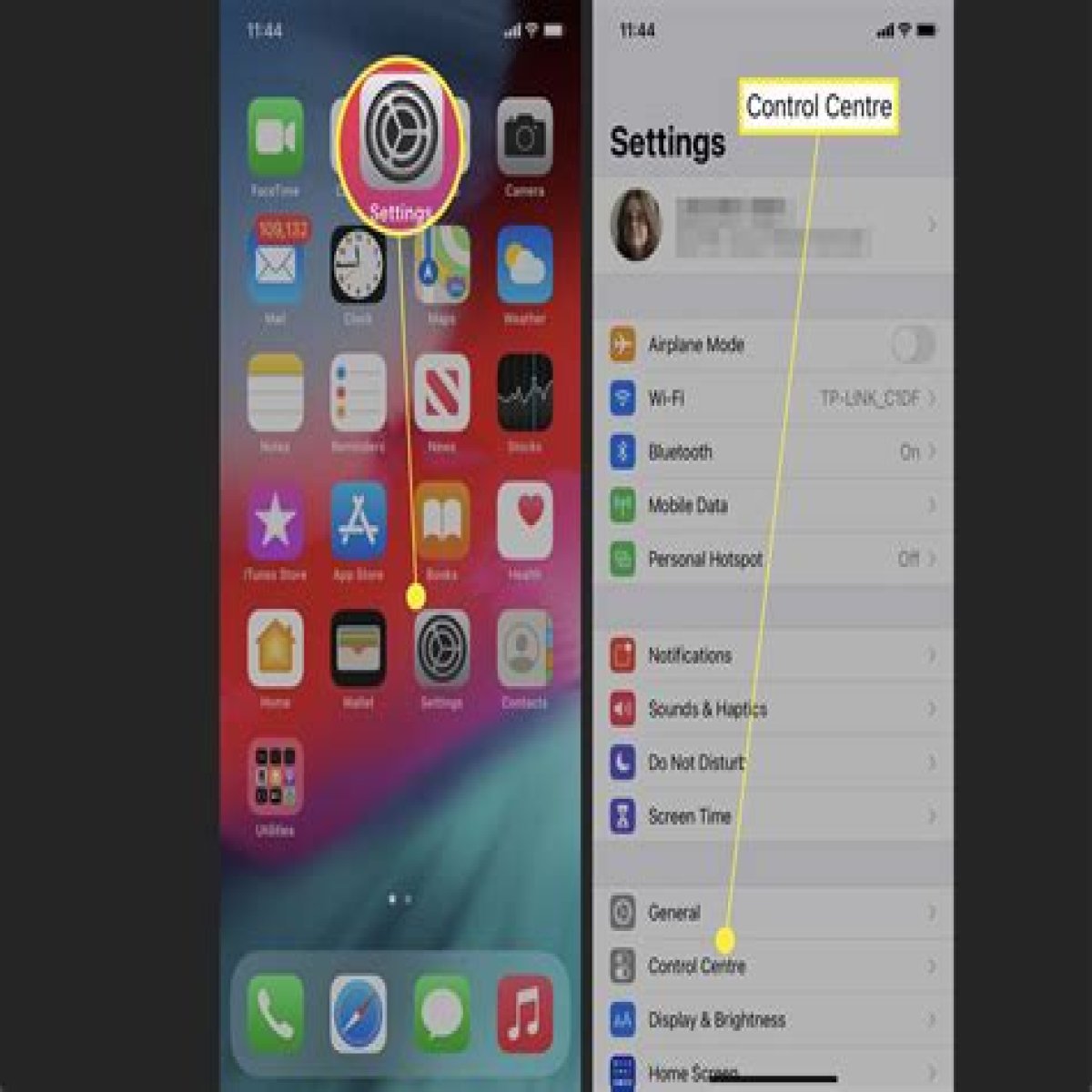In an era where digital communication has become integral to our daily lives, FaceTime has emerged as one of the most popular video calling platforms. With its ease of use and seamless connectivity, many individuals rely on this application to stay in touch with loved ones, friends, and colleagues. However, as the platform gains traction, questions regarding privacy and recording practices have surfaced. One of the most pressing inquiries remains: can the other person see if you screen record FaceTime?
As technology evolves, so do the concerns about privacy and consent. With the ability to record video calls, users may wonder about the ethical implications and whether their actions could be detected by the other participant. This article aims to clarify the circumstances under which FaceTime calls can be recorded and whether participants are notified about such actions.
Throughout this discussion, we will explore various aspects of FaceTime recording, including technical functionalities, legal considerations, and best practices for maintaining privacy during video calls. By the end of this exploration, you will be equipped with the knowledge to navigate the complexities of digital communication responsibly.
- What Happens When You Screen Record FaceTime?
- Does FaceTime Notify the Other Person?
- Can the Other Person See If You Screen Record FaceTime on Different Devices?
- What Are the Best Practices for Recording FaceTime Calls?
- Why Would Someone Want to Screen Record FaceTime?
- Can You Record FaceTime Calls Without the Other Person Knowing?
- Conclusion: Can the Other Person See If You Screen Record FaceTime?
What Happens When You Screen Record FaceTime?
When you initiate a screen recording during a FaceTime call, your device captures everything that appears on the screen, including audio and video. This means that the entire conversation is recorded, and you can save it for later viewing. However, the functionality of screen recording varies depending on the device you are using.
Does FaceTime Notify the Other Person?
One of the most critical questions surrounding screen recording is whether the other participant is notified of the action. As of now, FaceTime does not have a built-in feature that alerts the other user when a screen recording is initiated. This means that if you decide to record the call, the other person will remain unaware unless you inform them.
Are There Legal Implications of Recording FaceTime Calls?
Recording conversations without consent can have legal ramifications, depending on the jurisdiction. In many places, it is required by law to obtain permission from all parties involved before recording a conversation. If you choose to record a FaceTime call, it is advisable to inform the other participant to ensure compliance with local laws and to maintain trust in your relationship.
Can the Other Person See If You Screen Record FaceTime on Different Devices?
Screen recording capabilities may differ based on the device you are using. Here’s a breakdown of how it works on various platforms:
- iPhone and iPad: On iOS devices, users can easily access the screen recording feature via the Control Center. As mentioned earlier, there is no notification sent to the other participant when a call is being recorded.
- Mac: For Mac users, screen recording can be done using QuickTime Player. Similarly, no notifications are sent during FaceTime calls.
- Android Devices: Android devices may have different screen recording functionalities depending on the manufacturer. However, notifications depend on the specific application being used for video calls.
What Are the Best Practices for Recording FaceTime Calls?
If you decide to record a FaceTime call, consider the following best practices:
- Ask for Permission: Always inform the other person that you plan to record the call. This promotes transparency and trust.
- Know the Laws: Familiarize yourself with the legal requirements regarding recording conversations in your area.
- Use Recorded Content Responsibly: If you share the recorded content, ensure that you have the consent of all parties involved.
Why Would Someone Want to Screen Record FaceTime?
There are various reasons why individuals might choose to record FaceTime calls:
- Documentation: Recording can serve as documentation for important discussions, such as business meetings or educational sessions.
- Memories: Many users record heartfelt conversations with family or friends to cherish memories.
- Review Information: Replaying a conversation can help individuals better understand complex topics discussed during the call.
Can You Record FaceTime Calls Without the Other Person Knowing?
While the technical capabilities allow for screen recording without notifications, it is essential to consider the ethical implications. Not informing the other person can lead to feelings of betrayal and distrust, which can damage relationships. Therefore, while it is technically possible, it is not advisable to record without consent.
What Should You Consider Before Recording a FaceTime Call?
Before deciding to record a FaceTime call, consider the following factors:
- Relationship Dynamics: Understand the nature of your relationship with the other person. Recording without consent may harm trust.
- Purpose of the Recording: Clearly define why you want to record the conversation and whether it justifies the action.
- Potential Consequences: Think about the potential fallout if the other person finds out that you recorded the call without informing them.
Conclusion: Can the Other Person See If You Screen Record FaceTime?
In conclusion, the answer to the question “can the other person see if you screen record FaceTime?” is no; the other participant will not receive a notification when you record the call. However, it is crucial to navigate this capability with caution and respect for the other person's privacy. Always prioritize transparency and consent to maintain healthy communication and trust in your relationships. Remember, just because you can do something does not mean you should.
Discovering The Talents Of Eric Connick Jr: A Musical JourneyNicole Kidman: The Height Of StardomUnveiling The Sweet Mystery: How Is Marshmello?
